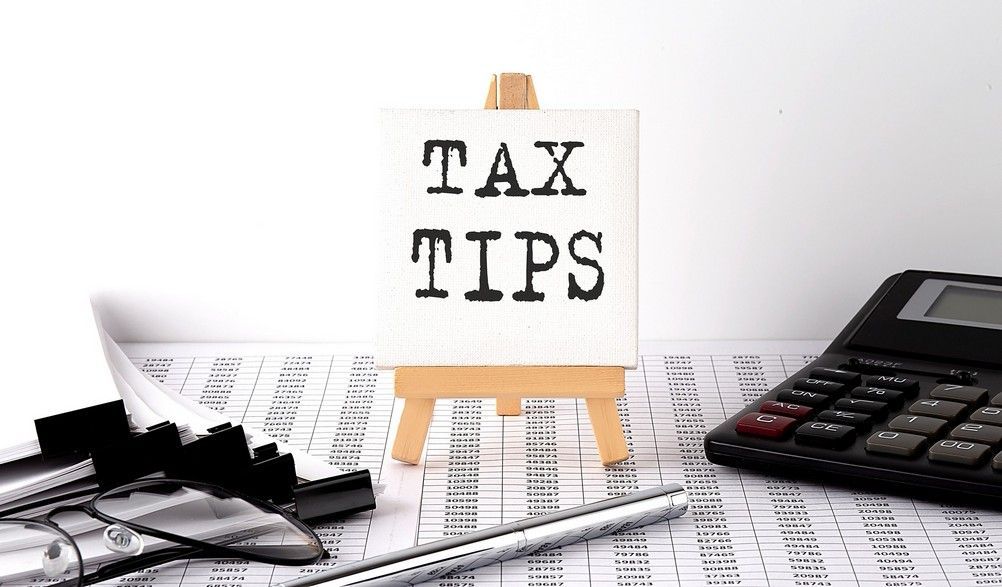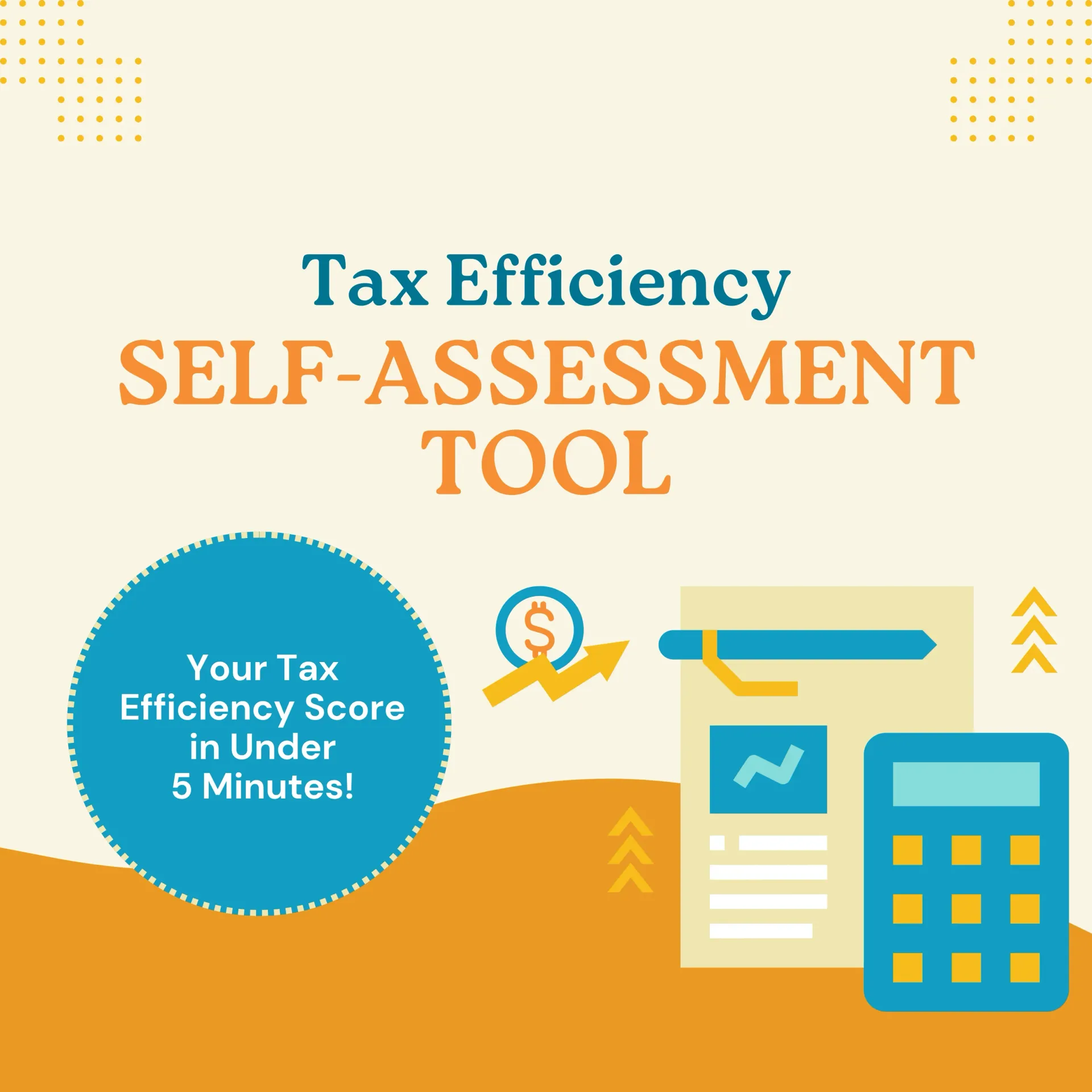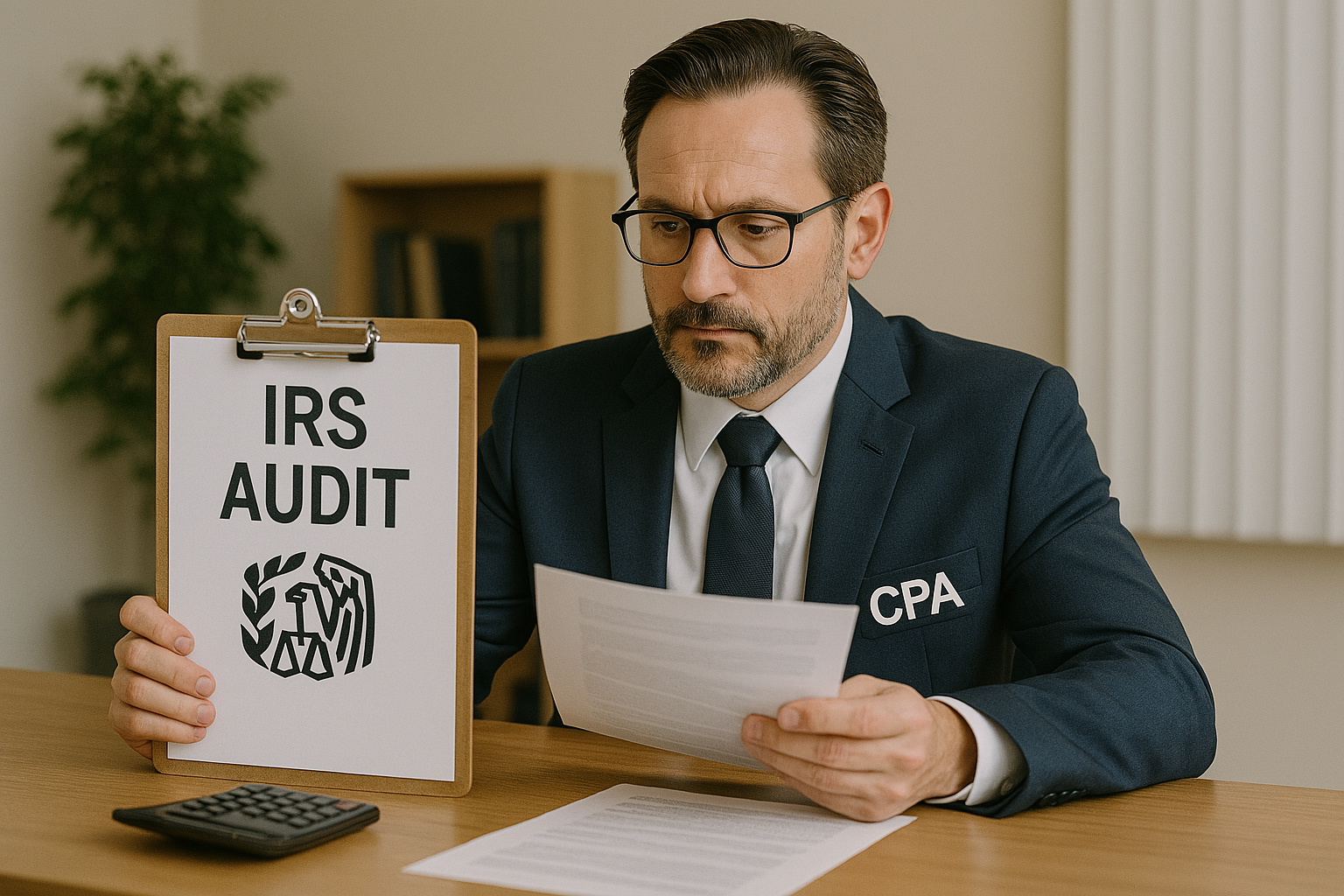Tax Audit Preparation: What You Need to Know

We share tips and processes for preparing for a potential tax audit.
1. Introduction
Preparing for a tax audit can be a daunting task, but with the right knowledge and preparation, it doesn't have to be. In order to navigate this process seamlessly and ensure compliance with tax regulations, it is crucial to be well-informed and organized. This blog post will provide expert tips and essential information on tax audit preparation, arming you with the tools and insights you need to face a potential audit with confidence. Whether you are a business owner or an individual taxpayer, this article will guide you through the necessary steps and best practices to ensure a smooth and successful tax audit preparation.
2. The importance of tax audit preparation
One may wonder why tax audit preparation is so important. Well, the truth is that being prepared for a tax audit can make a significant difference in the outcome of the process. It not only helps ensure compliance with tax regulations but also helps minimize any potential penalties or other negative consequences.
By preparing ahead of time, you can gather all the necessary documentation and records, identify any potential red flags, and address any issues or discrepancies before they become bigger problems. Additionally, being well-prepared allows you to approach the audit with confidence, knowing that you have done everything within your power to ensure accuracy and transparency in your tax reporting.
3. Essential documents for a seamless tax audit preparation
When it comes to tax audit preparation, having the right documents at your fingertips is absolutely crucial. These documents serve as evidence to support your income, deductions, and credits claimed on your tax return. Without them, you may find it challenging to defend your position during the audit.
What are the documents you need to have?
First and foremost, you should have a copy of your filed tax return. This serves as the starting point for the audit process. Make sure to keep a physical and digital copy of your return for easy reference.
You'll also need to gather all the income-related documents, such as W-2s, 1099s, and any other forms that report your earnings. Additionally, be prepared to provide documentation for deductions and credits claimed, including receipts, invoices, and statements.
4. Organizing your financial records
One of the key aspects of a seamless tax audit preparation is ensuring that your financial records are well-organized. Without proper organization, locating necessary documents during the audit can be a daunting task.
Start by setting up a system that works for you. This could be as simple as using folders to categorize your documents or investing in digital organization software. Whichever method you choose, make sure to consistently maintain and update your records throughout the year.
Keep all your financial records in one designated location. This could be a filing cabinet, a secure cloud storage platform, or a combination of both. Organize your records in a logical manner, grouping similar documents together. This will save you time and frustration when you need to retrieve specific items.
Remember, the more organized your financial records are, the smoother the audit process will be.
5. Seeking professional assistance
When it comes to preparing for a tax audit, seeking professional assistance can be incredibly valuable. Hiring a tax professional or a certified public accountant (CPA) who specializes in tax audits can provide you with the expertise and guidance you need to navigate the process smoothly.
A tax professional can help you review your financial records, identify any potential red flags, and ensure that everything is in order before the audit. They can also offer valuable advice on tax laws and regulations, helping you to stay compliant and minimize any potential audit risks.
Additionally, a tax professional can act as your representative during the audit, communicating and negotiating with the tax authorities on your behalf. This can alleviate some of the stress and pressure that may come with facing an audit.
Remember, tax professionals are trained to handle tax audits and have the knowledge and experience to guide you through the entire process. So, don't hesitate to reach out and seek their assistance when needed.
6. Staying informed about tax laws and regulations
Staying informed about tax laws and regulations is crucial when preparing for a tax audit. Tax laws are constantly evolving, and it's important to stay up-to-date to ensure compliance and minimize audit risks.
One way to stay informed is by regularly consulting reliable sources such as government websites, tax publications, and professional tax associations. These resources provide updated information on tax laws, regulations, and any recent changes that may impact your tax audit.
It's also beneficial to attend seminars or workshops offered by tax professionals or organizations. These educational events provide insights into the latest tax developments and can help you better understand the intricacies of the tax system.
By staying informed, you can proactively address any potential issues and make necessary adjustments to your financial records to avoid any discrepancies that may trigger an audit. Knowledge is power when it comes to tax audits, and being well-informed will ultimately contribute to a seamless preparation process.
7. Conducting internal audits for proactive compliance
Conducting internal audits is an essential step in ensuring proactive compliance and a seamless tax audit preparation. Internal audits allow you to review your financial records and processes to identify any discrepancies or potential areas of concern that could raise red flags during an audit.
To conduct an internal audit effectively, start by organizing your financial information and documents. This includes gathering bank statements, receipts, invoices, and any other relevant records. Ensure that all transactions are accurately recorded and properly categorized.
Next, review your financial statements and reconcile them with your bank statements. Look for any discrepancies or errors that need to be corrected. This will not only help you ensure the accuracy of your financial records but also demonstrate your commitment to maintaining reliable and transparent financial information.
Additionally, assess your internal control systems and procedures. Are your financial processes streamlined and documented? Do you have checks and balances in place to prevent errors and potential fraud? Identifying any weaknesses in your internal control systems will allow you to address them proactively and minimize the risk of audit findings.
By conducting internal audits, you can identify and correct any issues before they are flagged during a tax audit. This proactive approach will not only save you time and effort but will also demonstrate your commitment to compliance and help build trust with tax authorities. Remember, a well-prepared and organized taxpayer is less likely to face complications during a tax audit.
8. The benefits of a thorough tax audit preparation
A thorough tax audit preparation can bring numerous benefits to individuals and businesses alike. Firstly, it allows you to identify any potential issues or discrepancies in your financial records, giving you the opportunity to correct them before they are flagged during an official audit. This proactive approach can save you time, effort, and potentially costly penalties.
Secondly, a comprehensive tax audit preparation demonstrates your commitment to compliance and helps build trust with tax authorities. By organizing your financial information and conducting internal audits, you show that you take your tax obligations seriously and have implemented robust systems to ensure accurate reporting.
A seamless tax audit preparation can reduce the stress and anxiety often associated with an audit. Knowing that your financial documentation is in order and that you have thoroughly reviewed your records will give you peace of mind and confidence if an audit does occur.
9. Conclusion
In conclusion, a well-prepared tax audit can provide numerous advantages, such as identifying and rectifying issues beforehand, demonstrating compliance, and reducing stress. However, these benefits can be enhanced by following expert tips to streamline the preparation process.
One crucial tip is to maintain organized and accurate records throughout the year. This not only ensures that you have all the necessary information but also saves time and effort when it comes to compiling documents for the audit.
Additionally, it is advisable to seek professional advice, especially if you have complex financial matters or are unsure about certain tax regulations. A knowledgeable tax consultant can guide you through the audit preparation process, ensuring that you are well-informed and complying with all requirements.
Finally, consider conducting mock audits or internal reviews to identify any potential areas of concern. By conducting these internal checks, you can address any issues and correct errors before the official audit, enabling a smoother and less stressful experience.
By implementing these expert tips, you can further enhance your tax audit preparation and be well-prepared for any potential audits that may come your way.
Discover Your Tax Savings Score in Minutes!


Salim is a straight-talking CPA with 30+ years of entrepreneurial and accounting experience. His professional background includes experience as a former Chief Financial Officer and, for the last twenty-five years, as a serial 7-Figure entrepreneur.
Recent Posts
Straight Talk CPAs offers virtual CPA and CFO services dedicated to boosting your business profits and minimizing taxes. Our tailored approach is perfect for businesses and individuals seeking personalized guidance from a reliable CPA partner.
Phone: (732) 566-3660
Our Services
Straight Talk CPA's. All Rights Reserved. | Powered by CPA Marketing Genius | Privacy Policy | Terms & Conditions | Disclaimer




